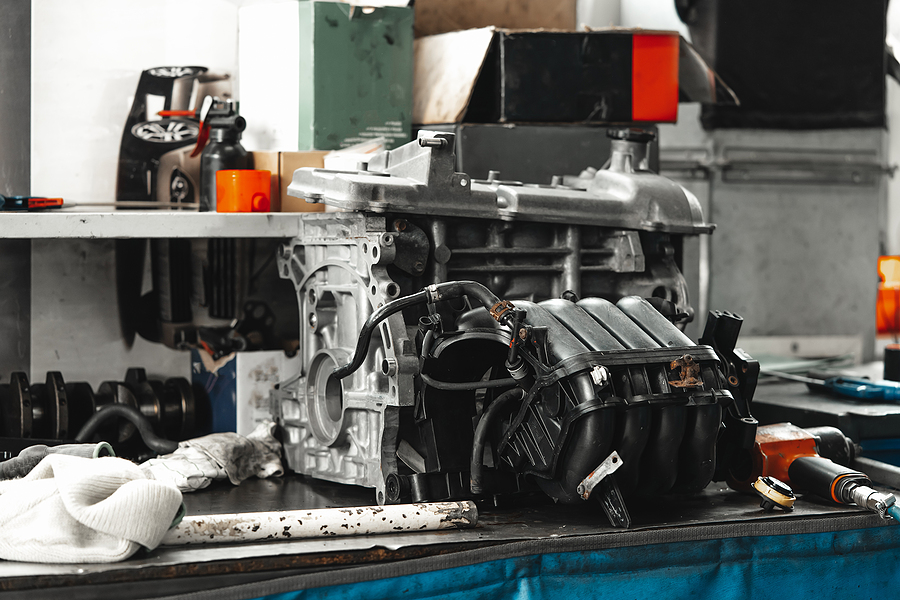When it comes to maintaining your vehicle, understanding car engine repair costs is critical. For many, the mere thought of engine trouble triggers anxiety about looming repair bills. However, having a solid grasp on what goes into these costs can help ease these worries.
This blog post seeks to demystify car engine repair, replacement, and the various factors that contribute to these costs. From the intricacies of car engine parts to labor costs and everything in between, we’ll provide an informative guide to help you know what to expect when your vehicle needs a fix. Buckle up, as we dive into the world of motor repairs and costs.

Common Factors That Determine Car Engine Repair Costs
When it comes to the cost of car engine repair, there are a variety of factors that come into play. The complexity and extent of repairs will determine how much time and labor is required, which can have a direct impact on costs. Additionally, the age and make/model of your vehicle comes into consideration. The cost of the car motor parts needed to repair or replace your engine will also influence costs. Oftentimes, labor charges are not just based on the amount of work needed, but also how much time is required to complete the repairs. Finally, your auto insurance policy may relieve some of the financial burden, so check your coverage to see if engine repairs qualify.
Car Engine Replacement as an Alternative
Sometimes car engine repair isn’t always an option, and so engine replacement becomes necessary. This is often the case if you’ve encountered severe engine damage or if your current car model no longer has adequate parts available. In this situation, it’s important to consider both the short-term and long-term costs associated with a complete motor replacement. Not only will you need to purchase an entirely new set of car engine parts, but labor expenses may be higher than expected.
How To Find Reliable Auto Repair Shops
When selecting a repair shop, it’s important to research and find a reliable service provider with experienced technicians. Ensure that the shop utilizes quality car engine parts from reputable suppliers. Many shops offer warranties on both labor and parts, so inquire about what is covered under their warranty limitations and policies. It also pays to shop around and compare prices between auto shops to ensure you get the best deal.
When Engine Repair Costs More Than Your Car’s Actual Cash Value
If the cost to repair or replace your car engine is more than your vehicle’s actual cash value (AVC), the insurance company and/or the state DMV may declare it a total loss. Actual cash value takes into account factors such as the make and model of the car, its age, condition, and mileage. At the end of the day, the ACV of a junk car is usually just a fraction of what it would be worth in good condition. If you find yourself with a junk car and want to sell it, it’s important to get an accurate ACV assessment to ensure you’re getting a fair deal. Just be sure to choose a reliable auto salvage yard in Indianapolis for a lucrative cash payment and convenient service.
In Conclusion
Having a car engine issue can be overwhelming, but understanding what goes into the repair costs can help ease these worries. From assessing labor rates and considering replacement options to selling a junk car for cash, it’s essential to have an accurate grasp on how much your repairs will cost.
Are you not interested in pursuing costly and time-consuming car engine repair? Then why not trade your total loss vehicle in for an instant cash payment? Contact GC’s Junk Cars at 317-608-2188 to sell a junk car for cash in Indianapolis, Indiana. We offer free towing with our in-house tow truck, so all you have to do is call and accept our offer!
Related Posts:
10 Common Signs of an Unhealthy Car Engine
Why is My Check Engine Light On?
How to Cut Down on Costly Car Repair Bills
